Related Movies
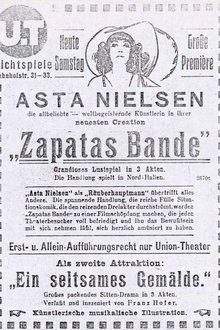
Zapata's Gang (1914)
Comedy about a film crew shooting a movie about guns and robbers, when real robbers turn up. Having to go home in robbers costume, they are mistakingly accused. In the end the real robbers are brought to justice. One of the earliest films portraying bisexual characters.

Meet Joe Black (1998)
Bill Parrish has it all - success, wealth and power. Days before his 65th birthday, he receives a visit from a mysterious stranger, Joe Black, who soon reveals himself as Death. In exchange for extra time, Bill agrees to serve as Joe's earthly guide. But will he regret his choice when Joe unexpectedly falls in love with Bill's beautiful daughter Susan?

Notorious (1946)
In order to help bring Nazis to justice, U.S. government agent T.R. Devlin recruits Alicia Huberman, the American daughter of a convicted German war criminal, as a spy. As they begin to fall for one another, Alicia is instructed to win the affections of Alexander Sebastian, a Nazi hiding out in Brazil. When Sebastian becomes serious about his relationship with Alicia, the stakes get higher, and Devlin must watch her slip further undercover.
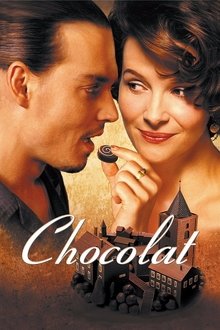
Chocolat (2000)
In the winter of 1959, a single mother and her young daughter arrive in a rural French town, where they open an unusual chocolate shop that disrupts the moral fiber of the strictly Catholic townsfolk and mayor.
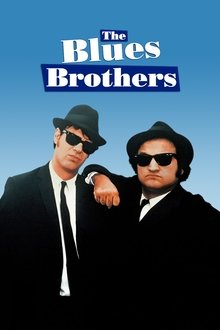
The Blues Brothers (1980)
Jake Blues, just released from prison, puts his old band back together to save the Catholic home where he and his brother Elwood were raised.

Distinguished Feelings (2019)
After hearing that her boyfriend lacks the courage to break up with her, plucky Elena decides she’d be less humiliated if Arturo was ensnared by a man rather than a woman.
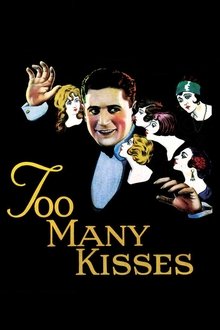
Too Many Kisses (1925)
Wanting his son to get away from his many girlfriends and buckle down to work, the New York industrialist father of a playboy sends him to an obscure village in Spain to find samples of a rare mineral. When the son gets to Spain, he runs afoul of the local police chief - who has a secret that he tries to keep the young man from discovering.

Waltz Me Around (1920)
Snub, the delivery man, and his assistant, Sunny, are returning from a delivery when they almost run over a lost woman. After she asks for directions, they accompany the woman to a dance school, where Snub is mistaken for the new professor.

Puffy Buys Shoes (1914)
Out of the three-part burlesque, the only surviving one is the one called Pufi would buy a pair of shoes, with Hungarian inserts. The film is shot on a real-life location, in a Budapest shoe shop, and it portrays the mutual efforts of a puny sales assistant and Pufi, the bladder-of-lard customer, to find him a suitable pair of shoes. The content of the other two parts is not known.
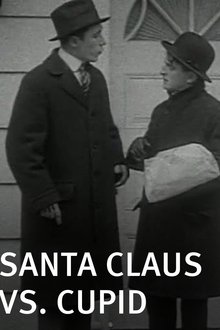
Santa Claus vs. Cupid (1915)
A desperate man and two romantic rivals encounter one another at a Christmas party.
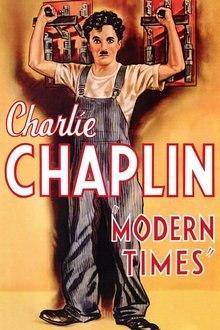
Modern Times (1936)
A bumbling tramp desires to build a home with a young woman, yet is thwarted time and time again by his lack of experience and habit of being in the wrong place at the wrong time..
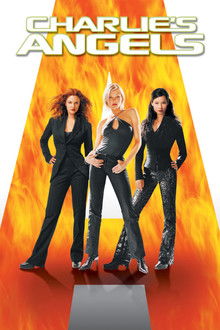
Charlie's Angels (2000)
The captivating crime-fighting trio who are masters of disguise, espionage and martial arts are back! When a devious mastermind embroils them in a plot to destroy individual privacy, the Angels, aided by their loyal sidekick Bosley, set out to bring down the bad guys. But when a terrible secret is revealed, it makes the Angels targets for assassination.
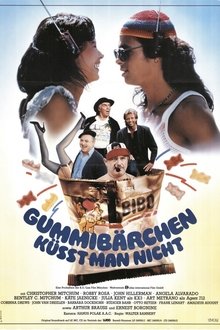
Real Men Don't Eat Gummi Bears (1989)
Teen-aged Tonyhas never known who is father is. Together with his best buddies Peter and Susan, he tracks down the clues he has as well as he can.
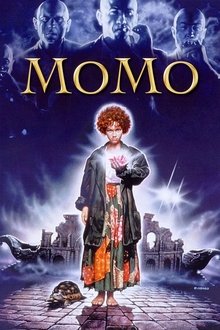
Momo (1986)
Momo is a young orphan girl who lives in the ruins of an old Roman amphitheater and becomes friends with everybody in the neighborhood. But when a powerful international corporation starts stealing everybody’s time, nobody has any time left for her, let alone their friends or families. Momo, together with Master Hora, the custodian of time, are the only ones who can go up against the time thieves before all is lost forever.

Indecent Proposal (1993)
John Gage offers a down-on-his-luck yuppie husband $1 million for the opportunity to spend the night with the man's wife.

Jesus of Montreal (1989)
A group of actors putting on an interpretive Passion Play in Montreal begin to experience a meshing of their characters and their private lives as the production takes form against the growing opposition of the Catholic church.
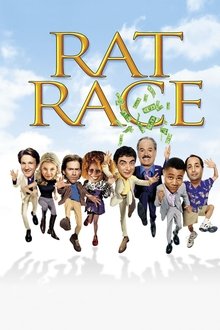
Rat Race (2001)
In an ensemble film about easy money, greed, manipulation and bad driving, a Las Vegas casino tycoon entertains his wealthiest high rollers -- a group that will bet on anything -- by pitting six ordinary people against each other in a wild dash for $2 million jammed into a locker hundreds of miles away. The tycoon and his wealthy friends monitor each racer's every move to keep track of their favorites. The only rule in this race is that there are no rules.


